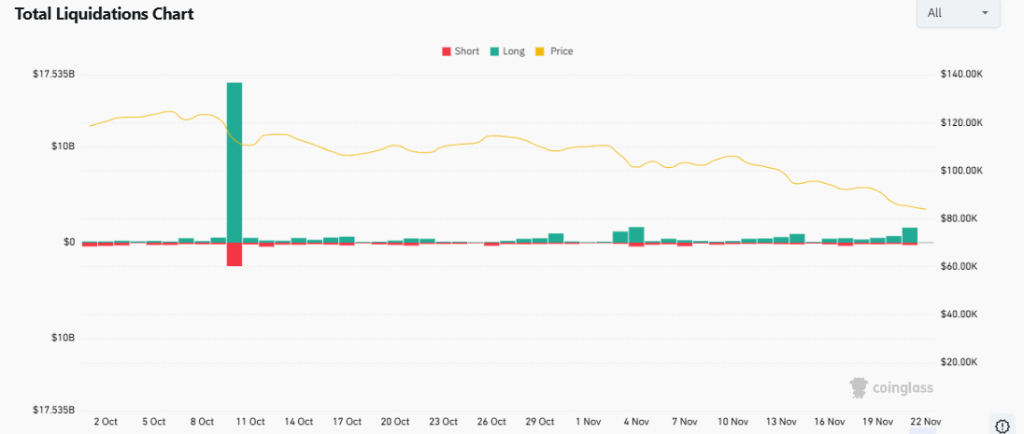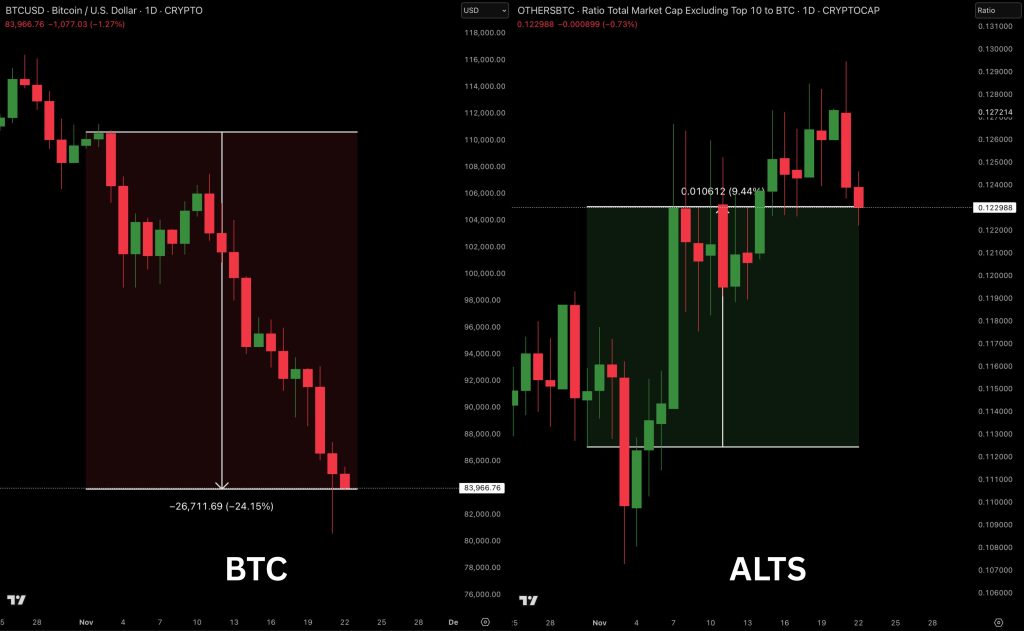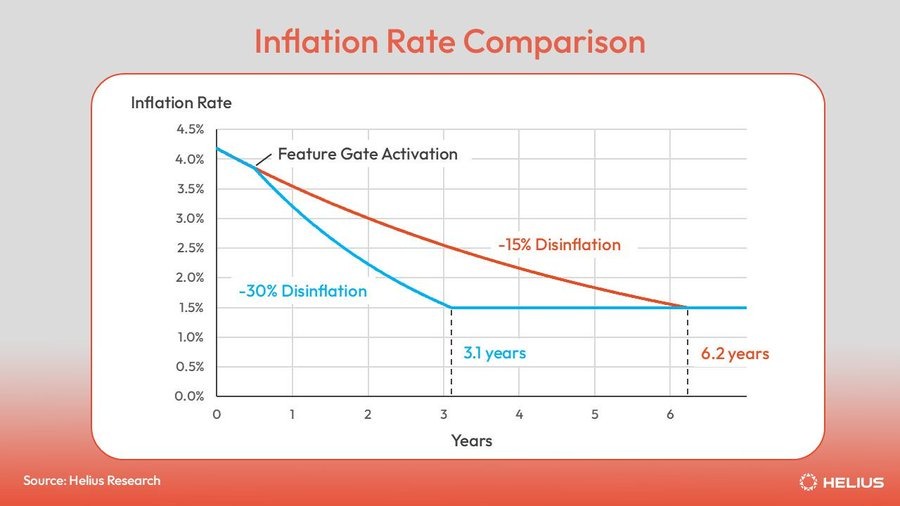Byju Raveendran, the embattled founder of Indian ed-tech giant Byju’s, has blasted a U.S. bankruptcy court’s order directing him to pay more than $1.07 billion. He is denying wrongdoing, accusing lenders of misleading the court, and vowing to appeal a ruling that marks a dramatic fall for a onetime poster boy of India’s startup boom.
Byju Raveendran, the embattled founder of Indian ed-tech giant Byju’s, has strongly criticized a U.S. bankruptcy court’s decision requiring him to pay over $1.07 billion. He maintains his innocence, claims lenders misled the court, and has pledged to challenge the verdict, which represents a significant downfall for a former leading figure in India’s startup scene.
Earlier this year, in April, a group of U.S. lenders led by GLAS Trust sued Raveendran and his wife, Byju’s co-founder Divya Gokulnath, in the Delaware bankruptcy court over the missing $533 million in loan proceeds. The couple denied wrongdoing at the time and accused lenders of attempting a hostile takeover of the company. They later said they planned to pursue a $2.5 billion lawsuit against GLAS Trust and others in India and other jurisdictions, though no such filing has publicly surfaced. This was in addition to the complaint Byju’s filed in the New York Supreme Court challenging the acceleration of the term loan in 2023.
In April of this year, a consortium of U.S. lenders headed by GLAS Trust initiated legal action against Raveendran and his wife, Divya Gokulnath, who also co-founded Byju’s, in Delaware bankruptcy court regarding the disappearance of $533 million in loan funds. The pair denied any misconduct and accused the lenders of trying to forcibly take over the company. They subsequently announced intentions to file a $2.5 billion lawsuit against GLAS Trust and others in India and elsewhere, although no such case has been made public. This was in addition to Byju’s own lawsuit in New York Supreme Court disputing the 2023 acceleration of the term loan.
The court’s latest order followed a September 29 hearing on the default request, where the judge cited a months-long pattern of noncompliance. The judge noted that Raveendran skipped hearings, missed extended deadlines, and ignored a prior contempt order imposing $10,000 in daily sanctions that remain unpaid.
The most recent court order came after a September 29 hearing on the default motion, during which the judge highlighted a persistent pattern of noncompliance over several months. The judge pointed out that Raveendran failed to attend hearings, missed extended deadlines, and disregarded an earlier contempt order that imposed daily fines of $10,000, which have yet to be paid.
U.S. Bankruptcy Judge Brendan Shannon said the relief granted in the case was “extraordinary,” adding that “the circumstances of this case are, frankly, unique and unlike anything the undersigned has encountered before, thereby making such relief… richly warranted.” The judge has given the parties seven days to respond to the ruling.
U.S. Bankruptcy Judge Brendan Shannon described the remedies in this case as “extraordinary,” noting that the situation is “truly unique and unlike anything I have previously seen, which makes such relief fully justified.” The parties involved have been given a week to reply to the decision.
“We consider that the U.S. Court erred in its judgment of this matter and will be filing the necessary appeals and other contestations related to this judgment and related orders,” said J. Michael McNutt, senior litigation advisor at Lazareff Le Bars, representing Raveendran, in a prepared statement to TechCrunch. “The court, in our view, ignored relevant facts.”
J. Michael McNutt, a senior litigation advisor at Lazareff Le Bars and representative for Raveendran, stated in a prepared comment to TechCrunch, “We believe the U.S. Court made a mistake in its decision on this case and will be submitting appeals and other challenges regarding this judgment and related orders. In our opinion, the court overlooked important facts.”
Raveendran’s legal counsel argued that the court issued the judgment without giving him an opportunity to present a defense and instead relied on an earlier contempt order. The counsel also argued that the ruling failed to acknowledge that GLAS Trust was aware the Alpha loan funds were not used for the personal benefit of Raveendran or other founders but rather for Think & Learn, the startup’s parent company, the counsel said.
Raveendran’s attorneys contended that the court reached its decision without allowing him to defend himself, instead basing the judgment on a previous contempt order. They further argued that the court did not recognize that GLAS Trust knew the Alpha loan proceeds were not used for Raveendran’s or the founders’ personal gain, but were instead allocated to Think & Learn, Byju’s parent company.
The counsel said Byju’s founders are preparing claims against GLAS Trust and others in multiple jurisdictions, expected to seek at least $2.5 billion in damages and, absent a settlement, to be filed before the end of 2025.
The legal team indicated that Byju’s founders are preparing to file lawsuits against GLAS Trust and other parties in several countries, aiming to recover at least $2.5 billion in damages, with filings expected by the end of 2025 if no settlement is reached.
Nonetheless, the default judgment marks a stunning fall for Raveendran and his eponymous company, once India’s most valuable startup with a $22 billion valuation and backed by global investors including Tiger Global, the Chan Zuckerberg Initiative, and Prosus. The company is now mired in lawsuits, funding droughts, mass layoffs, and a battle for control as lenders and creditors race to recover what they can.
Despite this, the default judgment represents a dramatic decline for both Raveendran and his namesake company, which was once India’s highest-valued startup at $22 billion and counted major investors like Tiger Global, the Chan Zuckerberg Initiative, and Prosus among its backers. Now, the company faces numerous lawsuits, severe funding shortages, large-scale layoffs, and a struggle for control as creditors and lenders try to recoup their losses.
Raveendran previously challenged the Delaware court’s jurisdiction, but the judge rejected that argument in an earlier ruling, writing that “Raveendran’s conduct that gives rise to the litigation here relates to his activities … in the United States fundraising and serving as a director, officer, or manager of a United States corporation.”
Raveendran had earlier disputed the Delaware court’s authority over the case, but the judge dismissed this claim, stating that the actions leading to the lawsuit were connected to Raveendran’s involvement in fundraising and his roles as a director, officer, or manager of a U.S.-based company.
Earlier this week, a filing in the Delaware bankruptcy case alleged that most of the $533 million missing from Byju’s U.S. unit, Alpha, was “round-tripped back to Byju Raveendran and associates.” In a response, Raveendran denied the allegation, saying the funds were not used for personal gain.
A recent filing in the Delaware bankruptcy proceedings claimed that the majority of the $533 million unaccounted for from Byju’s U.S. subsidiary, Alpha, was “returned to Byju Raveendran and his associates.” Raveendran refuted this accusation, insisting that the money was not used for his personal benefit.
Meanwhile in India, Byju’s is undergoing a court-supervised sale process after insolvency proceedings began last year, with early bidders including Manipal Education and Medical Group (MEMG) and Ronnie Screwvala’s UpGrad .
At the same time, Byju’s is currently in the midst of a court-monitored sale in India following the start of insolvency proceedings last year, with initial bids coming from Manipal Education and Medical Group (MEMG) and UpGrad, led by Ronnie Screwvala.


